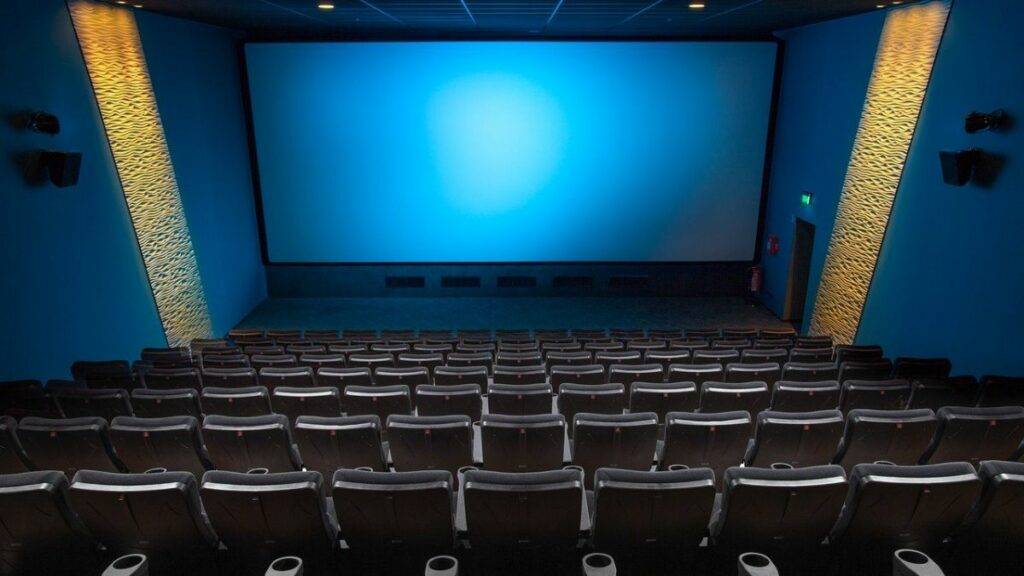“As a film distributor, with the introduction of the Green Pass, I have decided to suspend all public screenings because I do not wish to even indirectly contribute to a mechanism of discriminating against the population.” We’re speaking to Federica Picchi, the founder of Dominus Production, a film production and distribution company that has brought Unplanned to Italian theaters; a moving film on the theme of abortion.
“It’s a choice that costs me,” Picchi explained to iFamNews. “Unplanned is selling out, and on Monday night in Verona they had to organize two more screenings in addition to the one already scheduled due to the huge amount of requests.” But as of Friday, August 6, when the Green Pass requirement enters into force as a condition to access some places, including cinemas, Dominus Production will suspend distribution. Her choice is entrepreneurially incomprehensible. However, a battle for values is not a battle if it does not involve sacrifices. “I believe that at this stage each of us must give a signal, at the cost of making a sacrifice, because the value of freedom is too important to be derogated from,” she noted.
Many believe that the Green Pass is a necessary measure to lower the curve of infections.
Health is a primary good and it is right that the state should take measures to protect it. The question is, however, whether the Green Pass is a useful measure for this purpose.
Is your answer no?
Absolutely. Let me give you a few examples that demonstrate the paradoxes of this legislation: to enter a cinema or even an open-air cinema, you will need to present the Green Pass, whereas you will not need one to enter some other indoor places such as courts. And then, you will need to have the green certification to sit at a table in a bar, but not to consume directly at the counter, within the same room. Not to mention that public transportation will continue to be crowded. The Green Pass seems to me to be dictated more by a political than a health choice.
And, in your opinion, what is the political objective?
The sectors that will be most affected are those that have an impact on social and cultural life, and the community: that which is most dear to young people. The aim is therefore to encourage young people to get vaccinated, otherwise they will be socially excluded.
Is that a reason you dispute this measure?
In the light of a cost-benefit analysis, I have grave misgivings about vaccinating younger people. I therefore believe that every choice must be respected. But I don’t want to give in to the opposition between “no vax” and “yes vax”, that’s not the point. What I do not accept is that cinemas, museums, bars, restaurants and other areas should be used for a purpose that has nothing to do with what we do. It is a policy that penalizes us once again.
The film industry is one that has suffered in recent months.
Ours has been one of the sectors most affected by anti-COVID-19 policies. We were closed for a year and a half, they wouldn’t let us open even after they imposed very strict health protocols on us. And now they’re even asking merchants to act as Green Pass inspectors, as if they were public officials. Yet more than the economic damage, I am concerned about the social effects.
Please explain.
If we accept the idea that the state can discriminate against a section of the population, on anything other than a scientific basis, the scenarios are sinister. The Green Pass or a similar instrument could survive the emergency phase. I do not find such a totalitarian future desirable.
Does your choice make you feel lonely?
I’ve read about the beautiful testimony of Fabrizio Masucci, who resigned from the position of president and director of the Sansevero Chapel Museum in Naples in open disagreement with the obligation to require the Green Pass to access the museum. I guess we’re not so few. As soon as I announced my choice, I was flooded by messages of solidarity. And then the testimony of individuals serves precisely to shake things up: perhaps other entrepreneurs will decide to follow my example.
